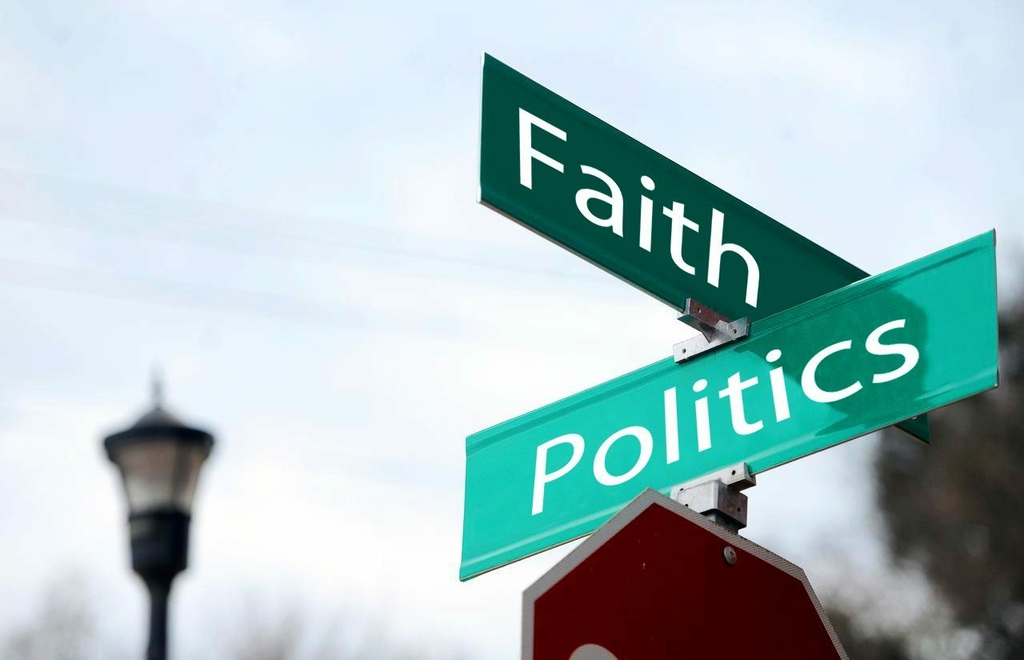
Politics and Faith
Too often the common assumption is salvation by politics. Politicians are too often not reformers, but would-be saviors. We need to vote, not for likely winners, but for godly men whose first task as candidates is to teach us.

- R. J. Rushdoony
I was born in April, 1916; my parents had arrived in the United States in late November, 1915. When I was about eleven years old, a friend of my father's who had arrived well before World War I was visiting us. He questioned me about my faith and my patriotism and was critical of uncritical patriotism. When he had arrived in the United States, friends took him to their home. The next morning after breakfast, a police paddy wagon came by and ordered him in with many other immigrants. He was taken to a courthouse filled with other like immigrants. They were herded into a crowded courtroom where the judge proceeded to swear them into citizenship. He started to protest that after only one day in the United States, he was not eligible. The judge warned him to shut up or go to jail. As each and all were returned home, they were told that on the morrow they would be picked up to vote for "Teddy Roosevelt, a grand American"!
Since then, I have heard other like stories. Politics is not all evil, nor is it all good. Salvation comes, not by politics, but by the Lord.
Today, too often the common assumption is salvation by politics. Politicians are too often not reformers, but would-be saviors. We need to vote, not for likely winners, but for godly men whose first task as candidates is to teach us.
Can such men win? Not as long as winners are most important to us.
The state should be a part of the kingdom of God, but it is usually at best the kingdom of man and is hostile to Christ.
At present, elections give their victories to the kingdom of man, not the kingdom of God. We have separated law and the political order from God. How can we expect God to approve?

- R. J. Rushdoony
Rev. R.J. Rushdoony (1916–2001), was a leading theologian, church/state expert, and author of numerous works on the application of Biblical law to society. He started the Chalcedon Foundation in 1965. His Institutes of Biblical Law (1973) began the contemporary theonomy movement which posits the validity of Biblical law as God’s standard of obedience for all. He therefore saw God’s law as the basis of the modern Christian response to the cultural decline, one he attributed to the church’s false view of God’s law being opposed to His grace. This broad Christian response he described as “Christian Reconstruction.” He is credited with igniting the modern Christian school and homeschooling movements in the mid to late 20th century. He also traveled extensively lecturing and serving as an expert witness in numerous court cases regarding religious liberty. Many ministry and educational efforts that continue today, took their philosophical and Biblical roots from his lectures and books.